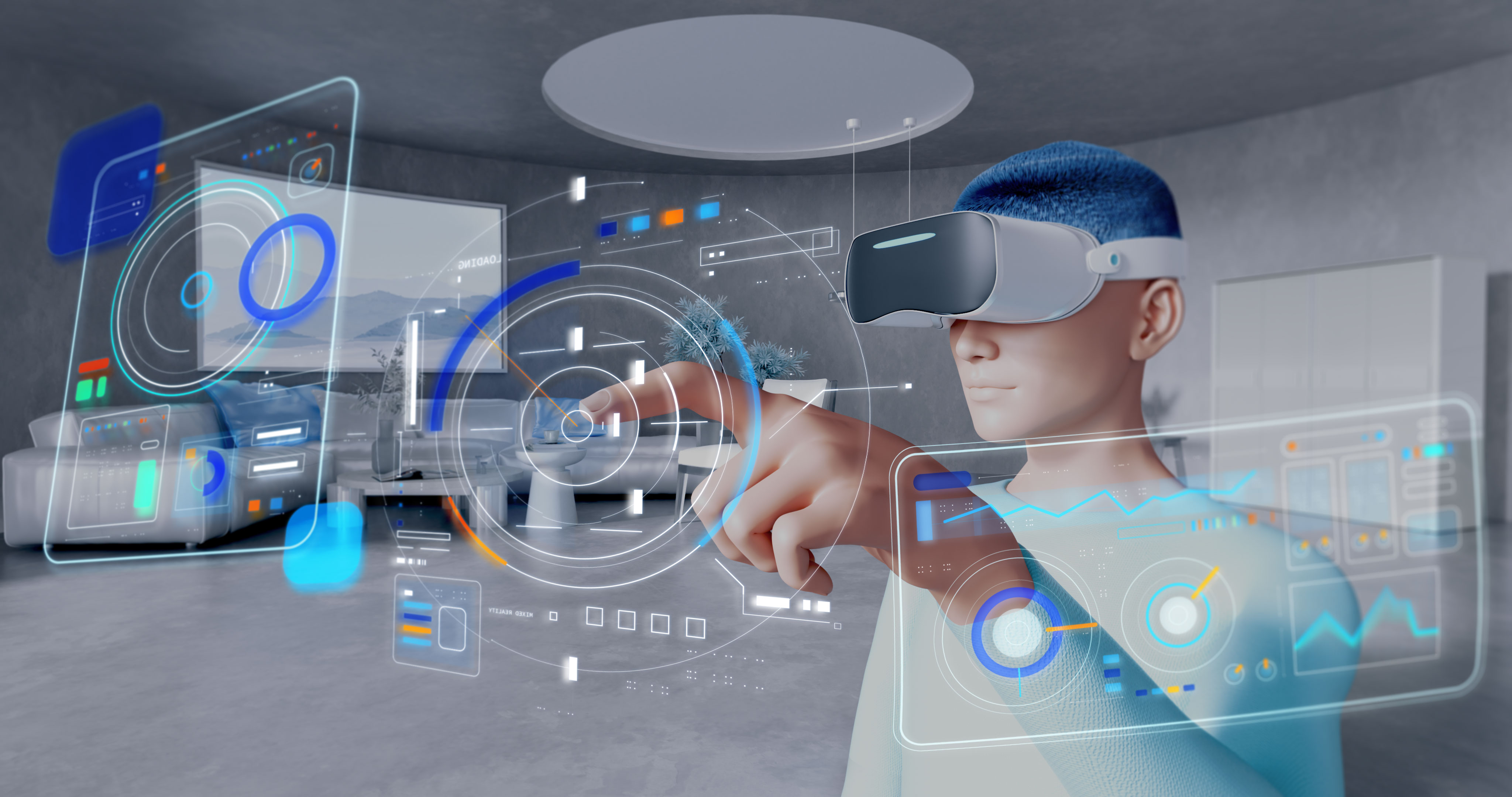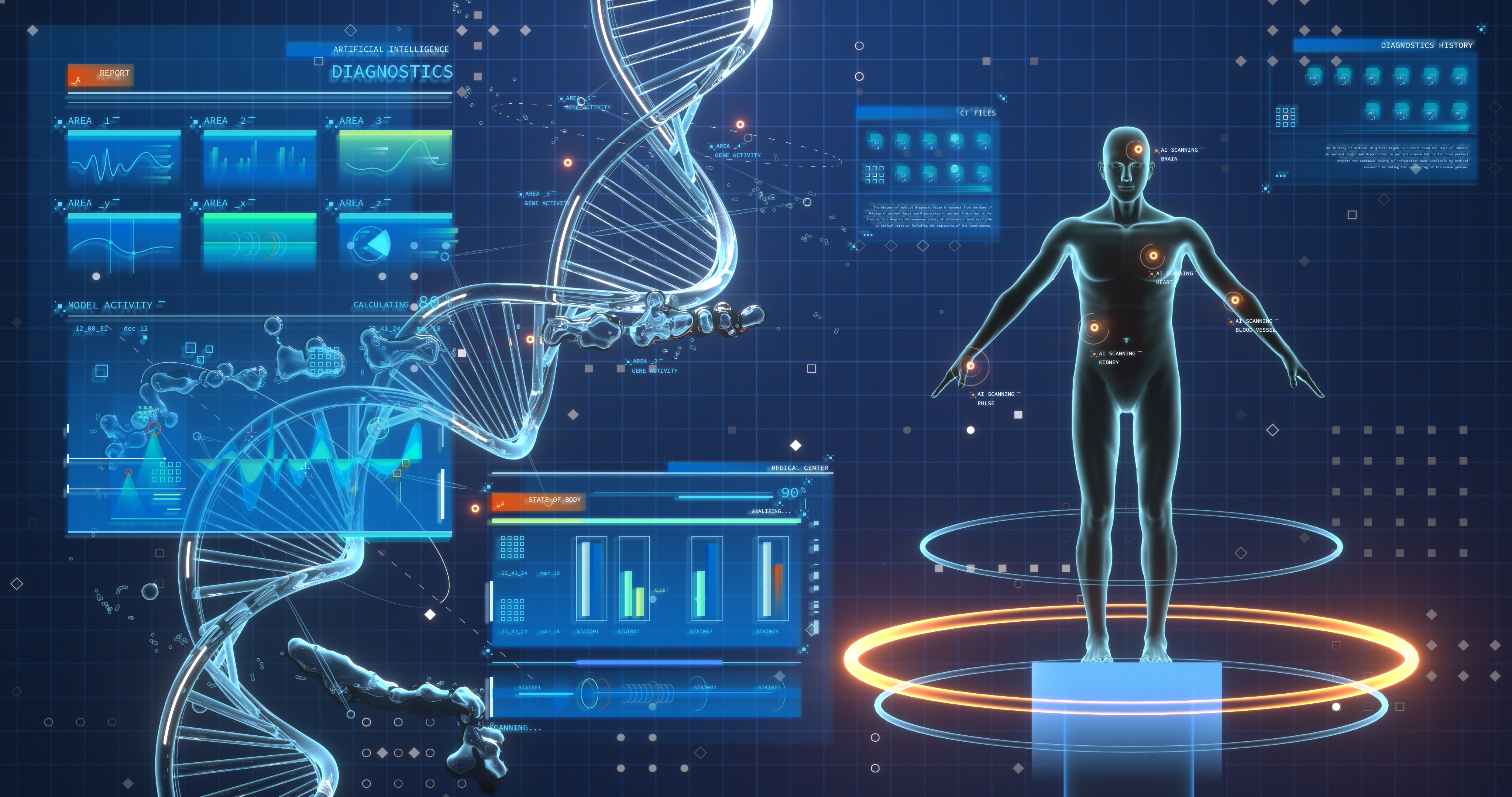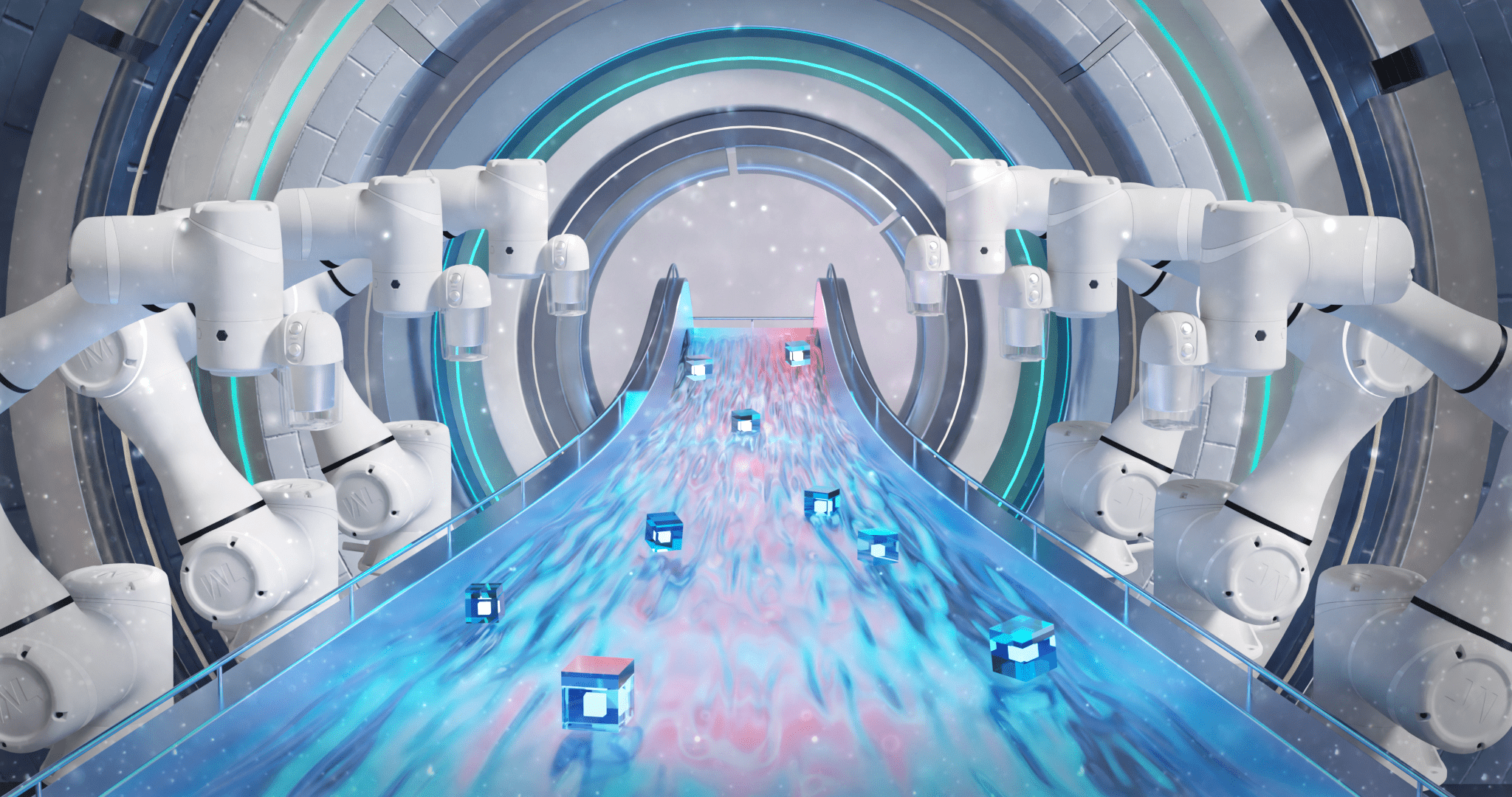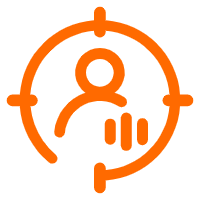
XR glasses can help people interact with the virtual world and real world in seamless and frictionless ways. Photo credit: Alibaba Group
On the lookout for the next life hack or future-proof your company against industry disruption?
Alibaba Group's research and innovation institute, DAMO Academy, has done the research for you. It has identified the emerging technologies that are most likely to change how society and industry operate within the coming five years.
Its list includes AI for scientific research, renewable energy supply regulation, perceptive soft robotics, and diagnostic tools for doctors.
By analyzing millions of public papers and patent filings over the past three years and conducting interviews with nearly 100 scientists, DAMO said these are the fields most likely to achieve significant breakthroughs.
“The boundary of technologies is extended from the physical world to mixed reality, while more and more cutting-edge technologies find their way to industrial applications,” said Jeff Zhang, Head of Alibaba DAMO Academy.
While advances are happening across disciplines, the high-impact technologies spotted by DAMO Academy are all on the cloud.
From ride-sharing to product recommendations, artificial intelligence (AI) has already become a part of our daily lives; it is now set to help turbo-charge scientists' exploration of the laws of nature.
Alibaba's DAMO Academy expects AI to be widely applied in scientific research over the next three years. Researchers will combine AI with high-performance computing power to simulate costly and complex experiments to test their hypotheses, according to the academy.
In fact, DAMO researchers believe AI will replace computers entirely as the primary production tool in scientific discovery, improving efficiency and more thoroughly analyzing large quantities of data. This extra digital support will come in handy as scientific projects grow in scale.
Australia and South Africa's Square Kilometer Array project, which will be the biggest radio telescope in the world when completed, will generate five zettabytes of data every year — greater than the total amount of global internet traffic in 2020. Using AI, this trove of information could be quickly parsed and classified for researchers.
China's healthcare system is massively over-burdened — there were just 2.9 general practitioners per 10,000 people in 2020. The coronavirus pandemic is adding to the strain.
Enter AI, which can screen for serious diseases such as cancer at scale. Using AI programs trained on thousands of ultrasound images, doctors will more easily be able to identify cancer reoccurrence and metastasis with higher accuracy.
Scientific research shows that AI performed comparably at par to breast screening radiologists, and could even detect rare hereditary diseases in children.

Through analyzing a massive amount of clinical data, AI can help doctors screen for serious diseases. Photo credit: Alibaba Group
The potential applications of this technology are extensive. Come down with a cold? Imagine a targeted and personalized treatment, recommended not by a doctor, but by an AI, based on clinical data amassed from across thousands of cases similar to yours.
With the promise of precision medicine, the healthcare industry would reorient its focus from disease treatment to disease prevention.
You've likely heard of augmented reality, virtual reality and even mixed reality (which combines the former with our perception of the real world), but what about extended reality (XR)?
XR unites these three realities in wearable devices — like glasses — that transform the way we interact with technology at large, allowing people to travel, shop or attend events anywhere in the world from their own homes.
The glasses act as a bridge between the real world and extended reality, all contained in lightweight headsets that look and feel like typical reading glasses.
To be sure, the design is a long way from mass production. For XR to become a reality, more investment is required to provide stimulation to other senses such as touch, smell, and taste, according to the report.
But when the device is ready, sometime in the next three years, it will spawn new industries, especially electronic components and devices, operating systems and applications industries. We can't wait to get a pair for our peepers!
Renewable energy is crucial to combating climate change and a key facet of governments' plans to achieve carbon neutrality. According to the National Energy Administration, renewables will account for 40% of electricity consumed in China by 2030.
However, integrating renewable energy into the power grid is challenging. Supply fluctuations are likely to disrupt the grid's daily operations since the rise and fall of renewables need to be compensated for by power reserves.
Big data analytics and neural network algorithms could provide more accurate predictions of renewable energy capacity based on weather forecasts in the next three years, DAMO academy predicts. That foresight could help the power scheduling system to coordinate a mix of energy sources to meet total energy demand.
Big data and deep learning technologies could also allow grid operators to spot in real-time signs of equipment failures.
When we think of robotics, pre-programmed machines given monotonous tasks to perform spring to mind. But DAMO Academy forecasts an upgrade in 2022.
Unlike robotics made of hard and rigid metal, soft robots are constructed by malleable materials with enhanced pressure, vision, and sound capabilities. And they have the potential to change the course of the manufacturing industry entirely.

Soft robots will change the course of the manufacturing industry. Photo credit: Alibaba Group
For one, the academy predicts that perceptive soft robots will have intelligent perception systems powered by deep learning in the next five years and will replace conventional robots in many fields. They will perform highly specialized and complex tasks, working closely with humans thanks to their enhanced vision.
Perceptive soft robots are likely to accelerate the trend of automation in manufacturing in the aftermath of the coronavirus pandemic, the report noted. But relax, robots aren't about to take over the world just yet. Labor could be freed up to focus more on producing customized products and providing more value-added services, according to DAMO.
Read the full report from the DAMO Academy for more impactful technology trends.
This article was originally published on Alizila, written by Ivy Yu, Elizabeth Utley, Alison Tudor Ackroyd
[Infographic] Alibaba DAMO Academy Forecast of Top 10 Leading Tech Trends
GridMarkets: 'Democratize Creativity' on the Cloud to Generate Detailed Visualizations

1,076 posts | 263 followers
FollowAlibaba Cloud Community - July 12, 2022
Alibaba Cloud Community - July 25, 2022
amap_tech - March 16, 2021
Alex - July 9, 2020
Alibaba Clouder - December 2, 2016
Alibaba Clouder - April 25, 2017

1,076 posts | 263 followers
Follow Big Data Consulting for Data Technology Solution
Big Data Consulting for Data Technology Solution
Alibaba Cloud provides big data consulting services to help enterprises leverage advanced data technology.
Learn More ID Verification
ID Verification
A digital ID verification solution to provide highly secure, convenient, and flexible remote ID verification
Learn More Epidemic Prediction Solution
Epidemic Prediction Solution
This technology can be used to predict the spread of COVID-19 and help decision makers evaluate the impact of various prevention and control measures on the development of the epidemic.
Learn More Function Compute
Function Compute
Alibaba Cloud Function Compute is a fully-managed event-driven compute service. It allows you to focus on writing and uploading code without the need to manage infrastructure such as servers.
Learn MoreMore Posts by Alibaba Cloud Community